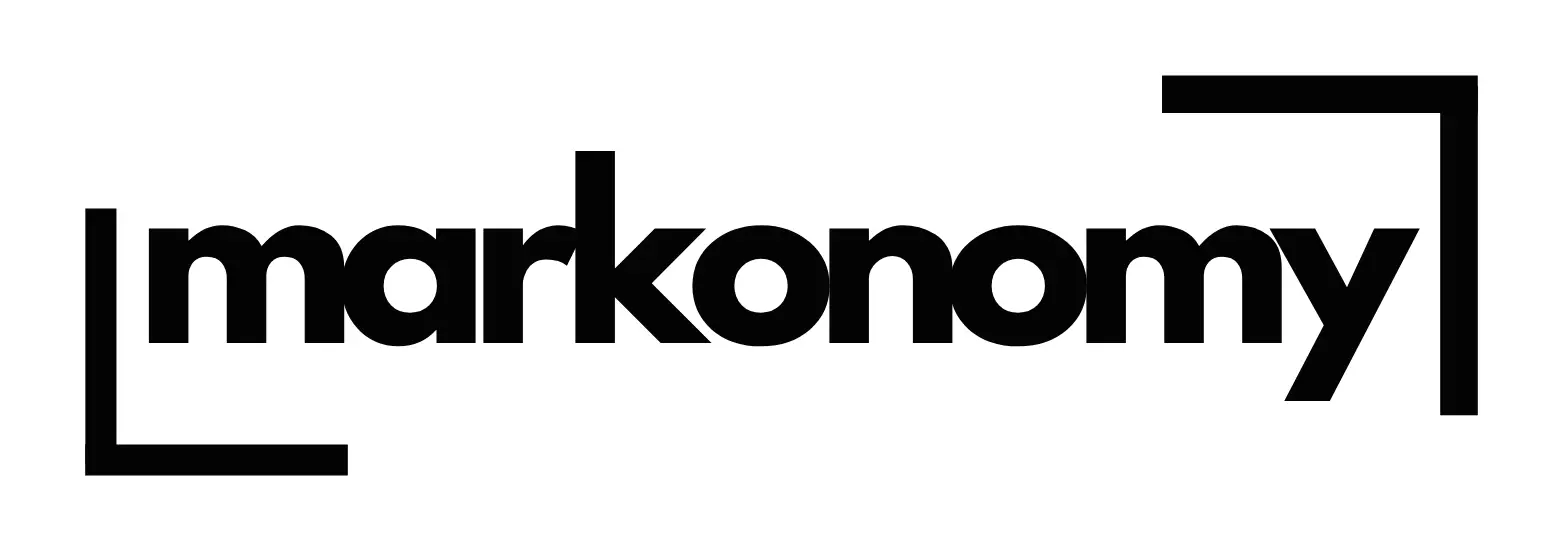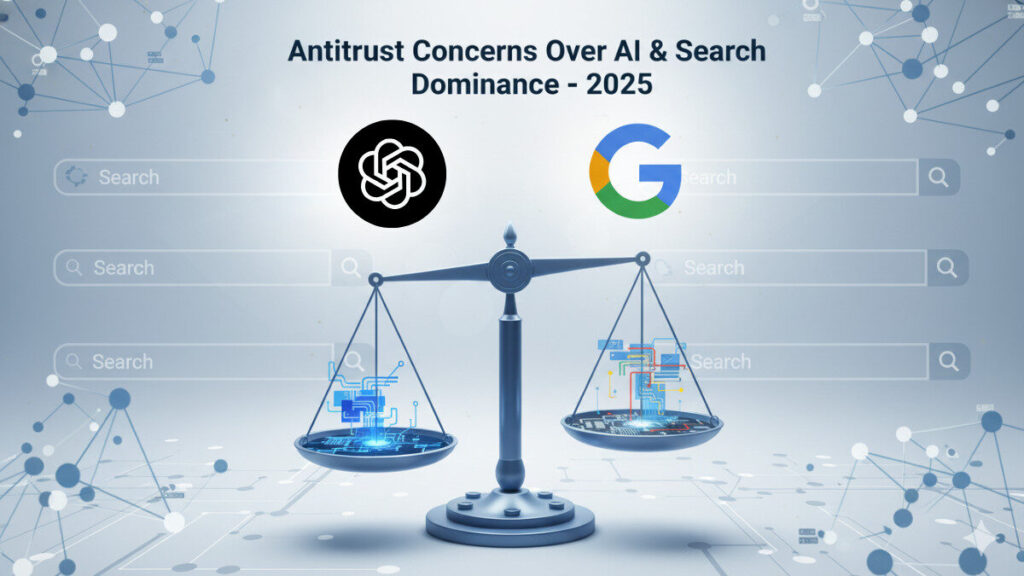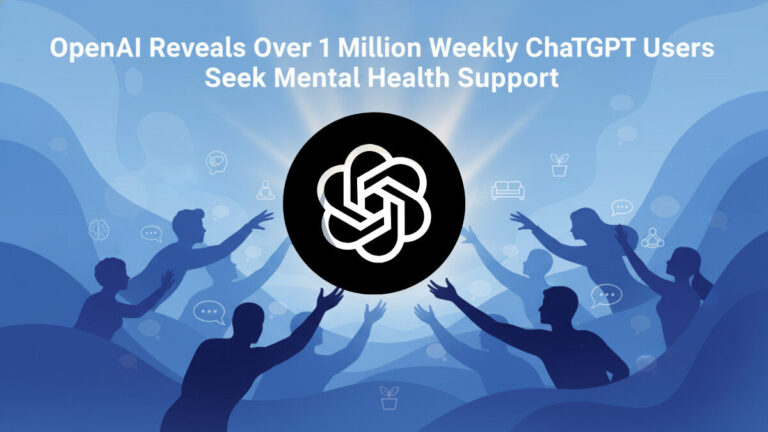OpenAI has raised serious antitrust concerns over Google’s growing dominance in the fields of artificial intelligence (AI) and internet search. The AI research company believes that Google’s tight control over both search algorithms and AI models could limit fair competition, innovation, and user access to unbiased information online.
According to OpenAI, Google’s integration of AI-generated answers directly into search results has created an ecosystem where Google’s AI tools, ads, and platforms reinforce one another, making it difficult for smaller AI companies to compete.
What’s Happening?
In a recent public statement, OpenAI suggested that regulators in the U.S. and European Union should examine whether Google’s AI Search integrations give it an unfair market advantage.
OpenAI highlighted that Google’s deep control over user data, combined with its large-scale AI models and advertising infrastructure, may “reduce visibility for independent AI assistants and information sources.”
This move comes after several AI startups have reported that their web traffic dropped by up to 40% since Google rolled out its new AI-powered search experience earlier this year.
Industry Reactions
Experts say that OpenAI’s warning could lead to a major regulatory review in 2025, especially as global authorities are already keeping a close watch on AI transparency and monopoly issues.
Technology analysts suggest that this dispute could shape how AI and search engines coexist, potentially leading to new guidelines for data access, competition, and algorithmic fairness.
Meanwhile, Google has defended its AI integrations, claiming they are meant to improve user experience and provide faster, more accurate answers. The company stated that it welcomes “healthy competition” in the AI space.
Summary Table
| Key Point | Details |
|---|---|
| Issue Raised By | OpenAI |
| Main Concern | Google’s dominance in AI and Search may harm competition |
| Target of Concern | Google’s AI-powered search integrations |
| Impact on Industry | Smaller AI companies losing visibility and traffic |
| Regulatory Interest | U.S. and EU antitrust authorities likely to review |
| Google’s Response | Claims improvements are user-centric and pro-innovation |
| Possible Outcome | New rules for AI transparency and fair competition |
| Timeline | October 2025 |
Why It Matters
This clash highlights growing tensions between Big Tech companies as AI becomes central to online experiences.
If regulators act on OpenAI’s complaints, it could reshape how AI models are used in search engines — potentially creating more opportunities for smaller players and ensuring a more open digital ecosystem










